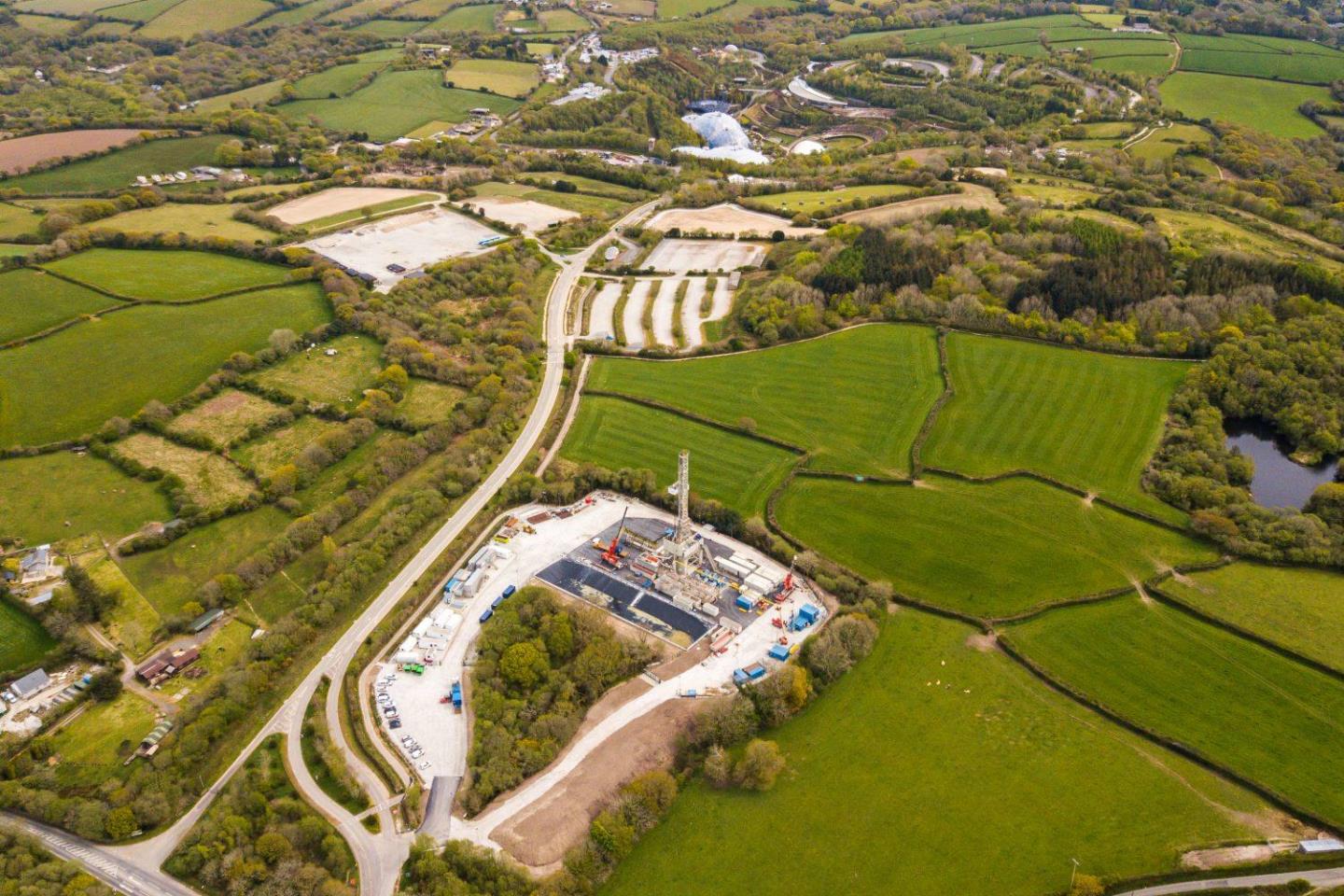
The chief executive of oil and gas supplier Hunting PLC (LON:HTG) believes the UK is “committing suicide economically” as a result of its North Sea policies.
Speaking to Energy Voice following the release of the company’s half year results this morning, Jim Johnson said the situation in the North Sea is “horrible”.
“One of our biggest customers for the last ten years has been Apache, and they decided they’re not spending any new money [in the UK],” Johnson said.
“The tax regime is very unfriendly to oil and gas, and that’s not going to change.
“So as far as new drilling goes, I think it’s going to be a big problem.”
Houston-based Apache last year blamed the Energy Profits Levy (EPL) windfall tax, introduced by the former Conservative government, for its decision to cancel a major North Sea drilling contract early.
Meanwhile, since taking office Labour has confirmed plans to raise the tax rate of the EPL and remove “unjustifiably generous” investment allowances.
The policy has caused significant concern among UK oil and gas firms amid warnings it will “hasten the demise” of the North Sea.
Despite securing a $60 million (£45.5m) order from major North Sea operators for its organic oil recovery (OOR) technology this week, Johnson said he would rather be operating in Norway.
“The Norwegians are going full speed ahead,” he said.
“They understand that energy transition is a thing that’s [measured in] decades, not in years, and I think that the UK is committing suicide economically by what they’re doing with their policies in that sector.”
‘No level of optimism’ in North Sea
Johnson, who has lived in Aberdeen, said despite the OOR contract and opportunities for growth in that area, the lack of new platforms and new developments is “not looking good”.
“I have no level of optimism,” he said about the UK North Sea.
“Our growth strategy is really, we love North America land, we love international offshore water, especially deep water.
“And we like our advanced manufacturing business which puts us in [markets like] aerospace, space and medical.”
Johnson said Labour’s policies will have a “terrible” impact on the north east of Scotland.
“I’m glad I don’t own property in Aberdeen right now, unfortunately,” he said.
“I love that city, but it’s just not going to be good. And I don’t think energy transition jobs are going to be enough, or pay well enough, to fill that gap.”
Offshore opportunities for Hunting
Hunting, which has a regional headquarters in Badentoy, is instead looking to booming offshore markets in South America.
“Guyana is red hot for us right now, thanks to Exxon,” Johnson said.
“We’ve already been talking with TotalEnergies for Suriname, we have an office now in Rio down in Brazil, so we have some opportunities there… doing some testing work for Petrobras right now.
“Anywhere that there’s deep water, anywhere that you see Transocean or somebody getting a rig contract, that’s where we’re going to be trying to play.”
The London-listed oilfield services firm also secured a “very significant” contract with Turkish national oil company TPAO for a deepwater project in the Black Sea.
It was among several recent deals for Hunting saw the company’s order book increase by 32% to a record $699.5 million (£530m), not including the North Sea OOR deal.
Earnings before interest, taxes, depreciation and amortisation (EBITDA) increased 23%, reaching $60.3 million (£45.73m), although revenue only increased by 3%.
Hunting shares dropped by 4.33% in early trading on Thursday, despite a 10% increase in the company’s dividend.
But Johnson said the 150-year-old Hunting has “way outperformed our peers”, including Halliburton and SLB, and he wants the firm to be known for more than its land-based operations.
Hunting energy transition strategy
Announcing Hunting’s results, Johnson lauded “strong performances” across the firm’s subsea, piping and advanced manufacturing divisions.
However Johnson said the firm only achieved “steady progress” in its energy transition strategy, primarily focused on geothermal projects.
Johnson told Energy Voice that Hunting has achieved “decent” success in the Netherlands and the Philippines across geothermal projects, alongside a UK contract in Cornwall, but progress is slow.
“The problem with the initial geothermal [market], it’s been kind of lower margin,” he said.
“We are seeing momentum going in the right direction there, but it’s still slow and it’s still minuscule compared to the volume of oil and gas drilling out there.”
Johnson said there are still questions around the profitability of geothermal projects and the level of government support available.
An area the company has seen more success is the Middle East, where Hunting secured $231 million (£175m) in contracts from Kuwait’s national oil firm.
Johnson said the Kuwait deal, and the company’s offshore success, shows Hunting is “not just a US land-based oilfield services company”.
Business at Hunting’s American land operations subsidiary, Hunting Titan, has been “flat to down”, Johnson said, with little growth year-on-year.
Hunting’s competitors have experienced similar problems due to lower natural gas prices and limits on drilling due to flaring considerations, Johnson said.
As a result, he sees more opportunities for growth for Hunting in subsea and OCTG (oil country tubular goods) piping.
Organic Oil Recovery
Johnson also sees OOR as a growth area for Hunting in the North Sea, particularly as offshore operators look to extend the life of their production fields.
“It’s a very clean operation, but it allows the operator just to get more barrels out of a well without drilling more wells,” he said.
“In one way it’s bad for us, because it’s less wells drilled, but operators are looking for efficiencies anyhow and it’s just another tool in our toolkit.”
Another benefit for North Sea operators is they “don’t have to worry about permits” or securing drilling rigs, Johnson said.
“I think in mature areas like [the North Sea], there’s pretty big upside,” he said.
“Where I don’t see growth is in the traditional OCTG business in the UK.”
Recommended for you

 © Supplied by Apache
© Supplied by Apache
 © Image: Equinor
© Image: Equinor © Supplied by Eden Project
© Supplied by Eden Project